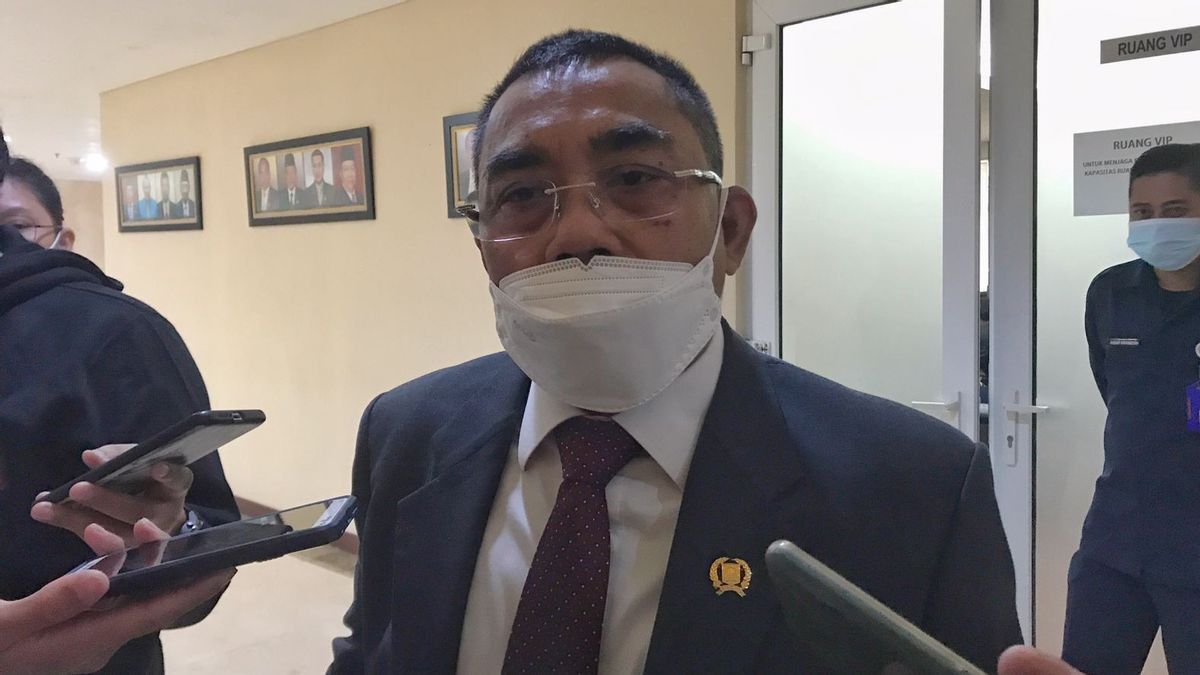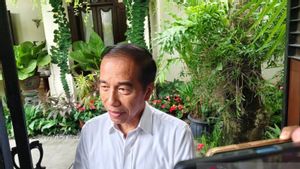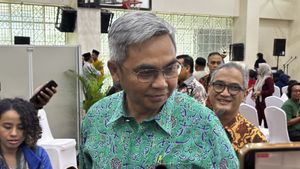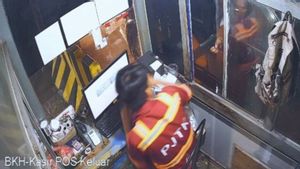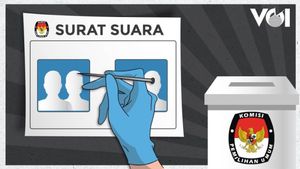JAKARTA - The chairman of the PDIP faction of the DKI Jakarta DPRD, Gembong Warsono, assesses that the existence of JakWIFI as a free internet service in Jakarta is still needed by the community. Although, now the intensity of its use for learning is reduced.
Gembong views that JakWIFI is still needed by the community, especially low-income or poor people. They don't need to spend money to buy cellular packages because they can carry out online activities through JakWiFi.
"But when there is no internet access that can be enjoyed through free of charge, the cost of the poor becomes more expensive. Now internet access is not only for the rich, but especially for the poor where they still need school children," said Gembong to reporters, Monday, January 9.
Gembong explained, in one poor family, usually there are 2-3 children who are still in school. Although routinely receiving assistance from the Jakarta Smart Card (KJP) from the local government, this does not include digital access for children to support their learning.
They buy a package of IDR 50,000 once and run out in a week, if there are three children there can be IDR 150,000 a week. Meanwhile, for me, in the category, people can afford to say, I just have to pay IDR 400,000 (house internet subscriptions) a month is enough for one family," said Gembong.
However, Gembong also considers it natural for the DKI Provincial Government to cut the JakWIFI program budget this year. If it (budget) wants to be cut, it's okay, but maybe it's not from 3,500 points, then only 1,200 points are left. If the official thought is there some point of use is not optimal (please), well, if the APBD money is not used optimally, of course, it's a shame too," he continued.
Previously, Acting Head of the DKI Jakarta Communications and Information Agency, Raides Aryanto, admitted that currently the quantity of JakWIFI's use for learning activities is getting less and less.
Raides revealed that the use of JakWIFI last year, when Jakarta implemented strict restrictions on community activities (PPKM), the portion of JakWIFI's use to study above 50 percent.
"This is based on the results of our survey. In December 2021, around 56 percent used jakWIFI for PJJ (distance learning). Then another survey was carried out in March 2022, 60.9 percent was still for PJJ," said Raides to reporters, Wednesday, January 4.
Meanwhile, when PPKM in Jakarta continued to have level 1 status for months, JakWIFI's use to learn decreased. JakWIFI is actually more used by residents to seek entertainment.
"During the transition from pandemic to endemic last year, in November there was a 27.5 percent decline. So the remaining 50.7 percent is used by the public for entertainment, and looking for information," he said.
This condition, said Raides, is one of the considerations for the DKI Provincial Government and the DKI DPRD to reduce JakWIFI's budget allocation. Reduction of the 2023 budget ceiling is required because the budget has a deficit.
Raides explained, due to the reduction in the budget, the number of JakWIFI points operating was reduced. In the discussion of the 2023 APBD draft, the DKI Provincial Government proposed a JakWIFI budget of Rp. 174 billion for the operation of 3,500 points. However, due to the budget deficit, the DKI Provincial Government and the DKI DPRD agreed to reduce JakWIFI's budget allocation to only Rp56 billion for the operation of 1,263 points.
"JakWIFI tidak dihilangkan. Namun, ada pengurangan anggaran, sehingga titik quantitas titik JakWIFI berkurang. Misalnya, di tiap RW ada tiga titik, kita tetap pertahankan akses poin internet minimal satu titik," tandasnya.
The English, Chinese, Japanese, Arabic, and French versions are automatically generated by the AI. So there may still be inaccuracies in translating, please always see Indonesian as our main language. (system supported by DigitalSiber.id)
